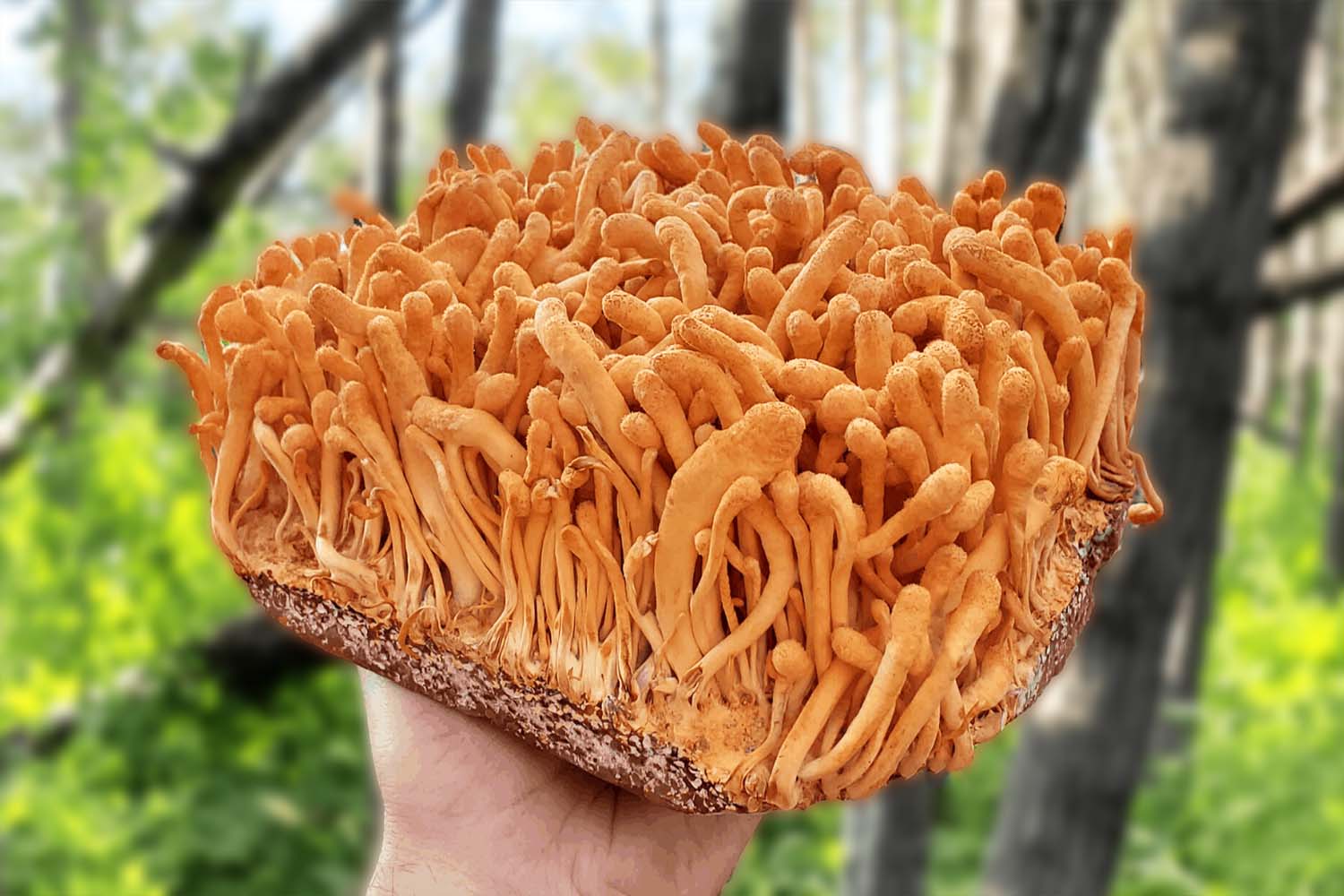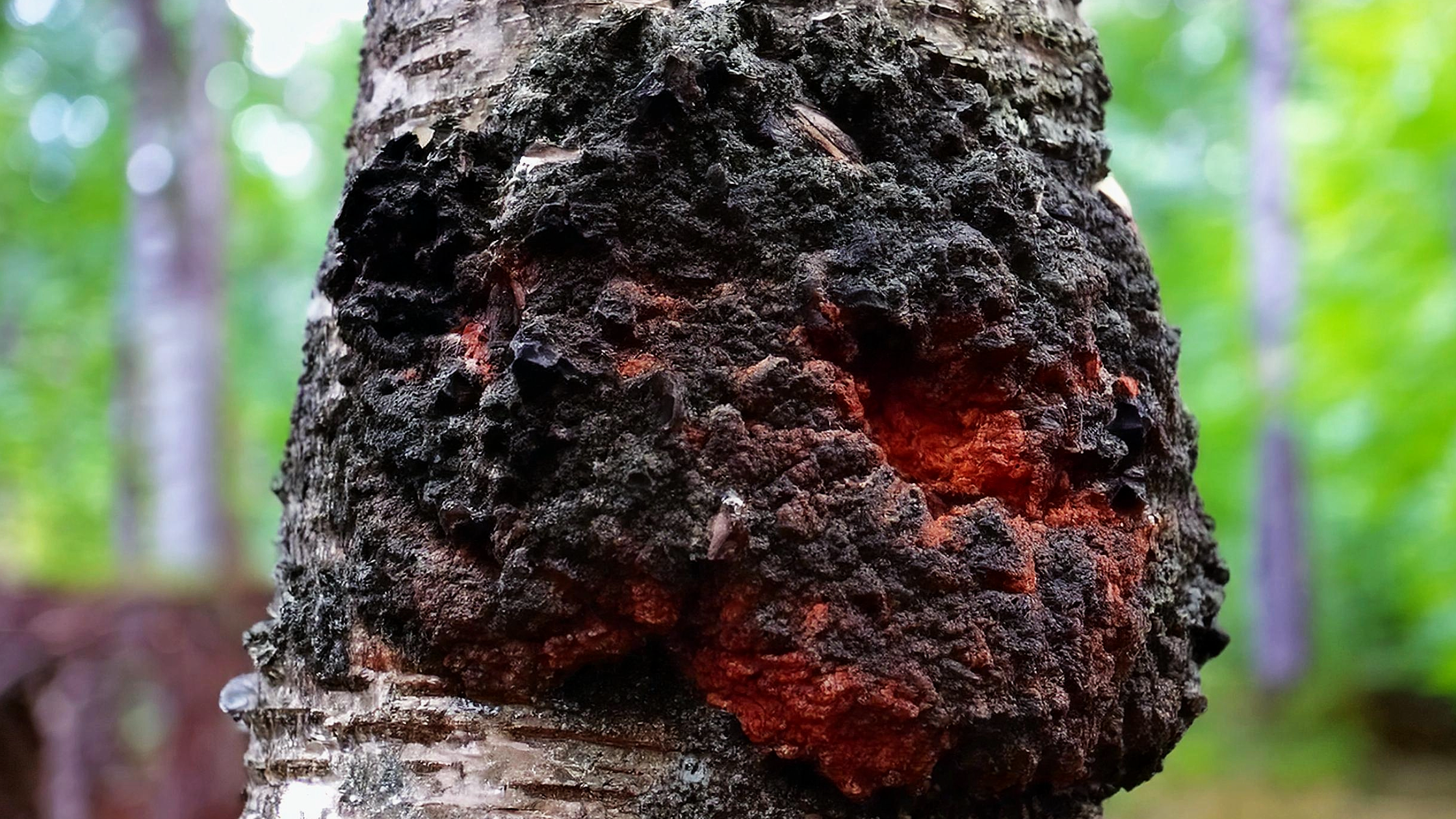Which functional mushroom has the best evidence for brain benefits?
Lion's Mane has the strongest human evidence for cognitive benefits.
Multiple randomised controlled trials show improvements in
processing speed, stress reduction, and cognitive scores in people
with mild cognitive impairment. The other mushrooms either have
weaker evidence or no direct brain/mood studies in humans. For
comprehensive cognitive support,
SynaBoost combines Lion's Mane with other research-backed
ingredients
for optimal brain health benefits.
Can I take multiple functional mushrooms together?
There's no research on combining functional mushrooms, so we don't
know about interactions or whether effects are additive. If you want
to try multiple mushrooms, introduce them one at a time so you can
identify which ones work for you and spot any side effects. Avoid
Chaga entirely due to kidney risks. For safe supplementation
protocols,
our beginner's guide
provides step-by-step instructions for introducing new supplements
safely.
How long does it take to see benefits from functional mushrooms?
Lion's Mane showed acute effects (faster processing) within 60
minutes in one study, but most benefits appear after 4-8 weeks of
consistent use. The cognitive impairment studies used 16+ weeks.
Give any functional mushroom at least 4 weeks before deciding if
it's working for you.
Are functional mushrooms safe for people with depression or anxiety?
Functional mushrooms are generally well tolerated, but they're not
treatments for depression or anxiety. If you have diagnosed mental
health conditions, speak with your healthcare provider before adding
any supplements. Some mushrooms like Cordyceps can interact with
medications, and Reishi has rare liver injury reports. For specific
cognitive challenges,
natural ADHD support strategies
or
menopause brain fog solutions
may provide more targeted approaches.
What's the difference between fruiting body and mycelium extracts?
The fruiting body is the mushroom you see above ground, while
mycelium is the root-like network underground. For Lion's Mane,
fruiting bodies contain hericenones while mycelium contains
erinacines - both are bioactive but different. Some studies used
fruiting body, others mycelium. Quality matters more than the
source, but the label should clearly state which part is used.
Why are the doses in studies so much higher than supplement labels?
Studies used doses that were designed to show measurable effects -
Reishi studies used 5.4g daily, Lion's Mane used 1.8g daily. Many
commercial supplements use much lower doses to keep costs down or
because they're mixed with other ingredients. If you want the
benefits shown in research, you need research-level doses.
Can I get these benefits from eating culinary mushrooms?
Culinary mushrooms like shiitake and oyster mushrooms are nutritious
and contain some beneficial compounds, but the concentrations are
much lower than in functional mushroom extracts. You'd need to eat
enormous quantities to match supplement doses. However, mushrooms
are a leading dietary source of ergothioneine, which may support
cognitive health as part of a varied diet.
Are "mushroom coffees" worth trying?
Mushroom coffees typically contain much lower doses than what was
used in studies, and they're often mixed with multiple mushroom
species making it impossible to know what's doing what. If you enjoy
the taste, fine, but don't expect the benefits shown in clinical
trials. Be especially cautious with products containing Reishi due
to potential liver concerns.
Final Thoughts
Functional mushrooms aren't magic bullets, but some - particularly
Lion's Mane - have genuine evidence for cognitive benefits. The key is
managing expectations, choosing quality products, and giving them enough
time to work. For those interested in the broader science,
explore how natural nootropic supplements work
to support cognitive function.
If you're dealing with serious mood or cognitive issues, these
supplements are additions to proper medical care, not replacements. For
general cognitive support and stress management, Lion's Mane has the
best evidence. For everything else, the jury's still out. Read
real customer experiences
to understand how others have incorporated functional mushrooms into
their wellness routines.


